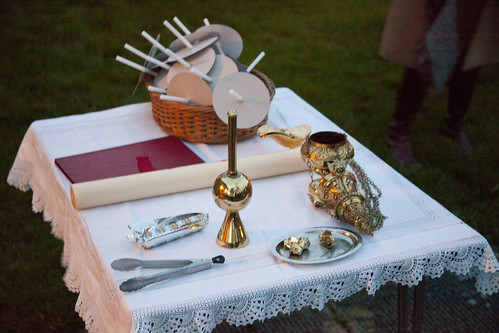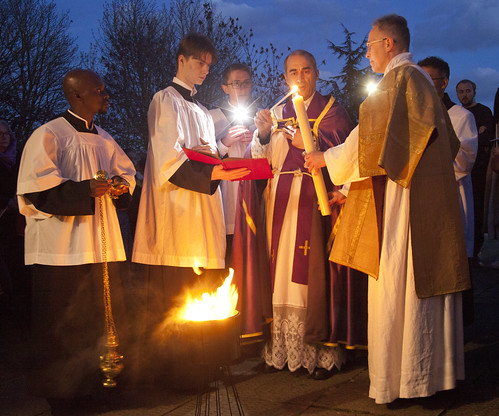I don’t expect, in general, American citizens to be easily impressed by arguments for a hereditary monarchy, but the downsides of an elected executive Presidency are perhaps most on display in the year of a bitterly contested election. The extraordinary “bloodbath” discourse currently swamping my social media feed is a reminder that, just as many conservatives and Christians feel their very existence and identity is threatened by the progressive state, so many progressives in positions of influence in the media, academia and politics feel something similar about a possible Trump second term. The prestige and legitimacy of elements of the constitution that perdure through the electoral cycle—the civil service, the armed forces, the judiciary, and for some lucky nations a hereditary monarchy—should not be seen as regrettable limitations on the democratic principle, but as a set of things that can nurse democracy through its stickiest moments.
The Catholic case for monarchy is not just about its practical usefulness in a modern democracy, however, but about its symbolic importance, which translates remarkably well between the conditions of democratic and non-democratic, modern and pre-modern, and Western and non-Western polities. This is a central point of a collection of essays which I have edited to respond to criticisms of the monarchy in the context of last year’s British royal succession, not just by addressing some rather ignorant political and legal arguments, but by defending the idea of a person at the apex of a constitution who is as much as possible identified with that role: who is the head of state not by virtue of his own or anyone else’s choice, but just by being who he is.











